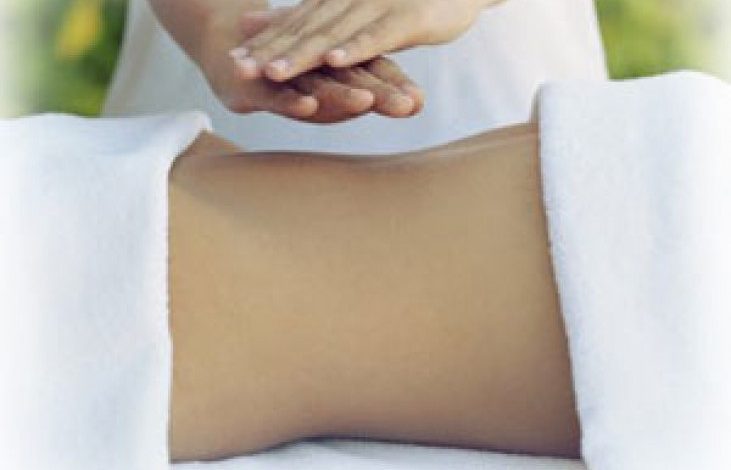
Reiki: healing body and mind
Naturopath Sue Blain shares a personal viewpoint on how alternative medicines such as Reiki, can not only help ease pain and discomfort from disabilities and long-term illnesses, but also provide emotional support and reassurance.
I became involved with Reiki healing, nutrition and homeopathy because these therapies gradually helped me years ago, before Chronic Fatigue or ME were given a name. But my struggle pales into insignificance when compared to those who pick themselves up from the shock of a cancer diagnosis or a disabling stroke. Sometimes the shock is all the worse coming at an early age when sufferers still have a family to support and employment they love but must cease.
Recently I attended a gathering at the Canary Club in Hitchin, organised by Sue Ross, for the benefit of people recovering from severe illness.
At the age of 26, I was struck down with a disabling stroke which meant I had to use a wheelchair. While receiving care and support for my physical needs, the depression that followed demonstrated a lack of emotional support. I realised that I had to get myself out of my ever deepening depression, so I undertook a counselling course and finally set up my own business called lifegeta (I thought it sounded kinder than get a life!).
Now I counsel others who have experienced physical and emotional trauma. The evening in Hitchin is the culmination of a dream I’ve long held about getting people together who are recovering, are carers, friends, health workers etc, so they can talk, share, learn from and help each other. There were three speakers, all brilliant in their own way, recording their struggles and expressing gratitude for those who have helped them.
They are all an inspiration. I felt moved to tears as I listened to their stories but mainly I felt bowled over not just by their bravery and determination, but by their humour and creativity. They shared the common feeling of being lost and alone with their illness, telling their story so others do not have to suffer similar isolation. A part of their recovery involved being inspired by others (role models in fact) and sharing their problems with someone who has an idea of what they’re going through.
By Sue Blain
Please get in touch with Sue at Lifegeta or call 07715 707488 for more information about her work and the monthly meetings, whatever your age, illness or interest.
Health and Wellbeing is a new section we have introduced. If you would like to contribute to an article to this section, you can get in touch by emailing us at editor@disabilityhorizons.com, messaging us on Facebook, tweeting us @DHorizons and leaving your comments below.